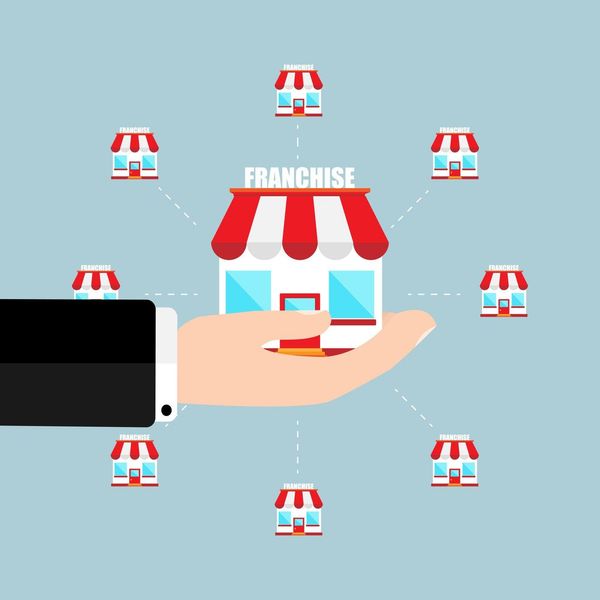It All Starts with The Site—Let's Make Sure it Doesn’t End There!
You’re excited about a new franchise concept that opened their first store in your neighborhood and is a knockout success. So how can you go wrong? Well, when a concept is new, the playing field for where to put the first store is wide open. You don’t have to be smarter than a fifth grader to recognize a great site. And that’s where the first store should goes — in a great site — where it'll be a hit.
Now, however, the going gets tougher. The neighborhood where that store caught your eye has strong incomes, above average persons per household (kids), a high percentage of college grads, low retail and office vacancies, new infrastructure/green technology jobs on the horizon — the perfect landscape for success. If it works here, it will work anywhere.
So you sign a franchise agreement, and now you start your site search. You’ve already made your first mistake: You signed your agreement BEFORE you started your site search. But no problem, you say, I know three great trade areas where this concept will be killer. OK, but . . . .
- There are other franchisees from your system looking in the same areas. Unless your franchise agreement says you have the exclusive rights to develop a store in this or that neighborhood — "trade area" in real estate lingo — you’re in a foot race with the three guys that signed agreements last week or last month. And they all want to put their stores in the same place that you do.
- No problem, I’ll look where no one else is looking. I don’t mind driving to my new store two hours each way if it’s a great site. Sure, that works for the first 90 days. After that, your 18 hour days put you in the hospital, and you stop going in as often, you put your brother-in-law in charge, or you hire a manager. In all three cases, your volume goes down 40 percent . . . . the first month.
- There’s no real estate. Not so, you say. I looked carefully before I bought my agreement. I saw at least three vacancies in five different shopping centers that would be great. What’s wrong here?
- The space is too big
- Too small
- Too expensive
- Does not allow for your intended use
- Has a restriction in favor of your competitor
- Is owned by your competitor
- Has just been leased,
- Requires a financial statement equal to IBM
- Is tied up in litigation,
- Has a landlord who will be your worst nightmare
Hopeless? Not at all. There are great franchise concepts out there, but not everyone who buys one will succeed. And location, in my opinion, is the number one determinant of success or failure, assuming you execute the concept in accordance with your franchisor's system.
You thought signing the franchise agreement was your biggest decision, right? Wrong. Signing the lease is the big burritio. Many people can recover from losing a $25,000 franchise fee if they decide they made a mistake and don’t proceed, but signing a $250,000 lease obligation is fully enforceable by the courts--and few can survive that kind of hit..
So, there are franchise salespersons, franchise consultants, real estate brokers, “lease coaches”, the franchisor’s in-house or contracted real estate employees, business bloggers--all of whom can help me, right? Well, yes--to some degree. Keep in mind they all have competing interests and masters--maybe even just journalists with very little hands on experience. And that $250,000 lease obligation? Not one of them will sign the lease with you.
When it comes to doing your homework, do it BEFORE you buy your franchise agreement. Let’s get it right, right from the beginning — and let’s get the right professional help, too.
Jeff is an active consultant for franchisees and tenants on site selection BERFORE signing the franchise agreement. Hear Jeff live on The Franchise Show every Friday at 3:00 p.m. PDT, , and at the upcoming Franchise Expo in Los Angeles October 2-4! Jeff comes from 25 years in the franchise industry with such high-growth companies as McDonald's and Blockbuster, where he was also a franchisee, and is one of TALKERS Magazine’s Frontier Fifty. He holds business degrees from two major Southern California universities.



